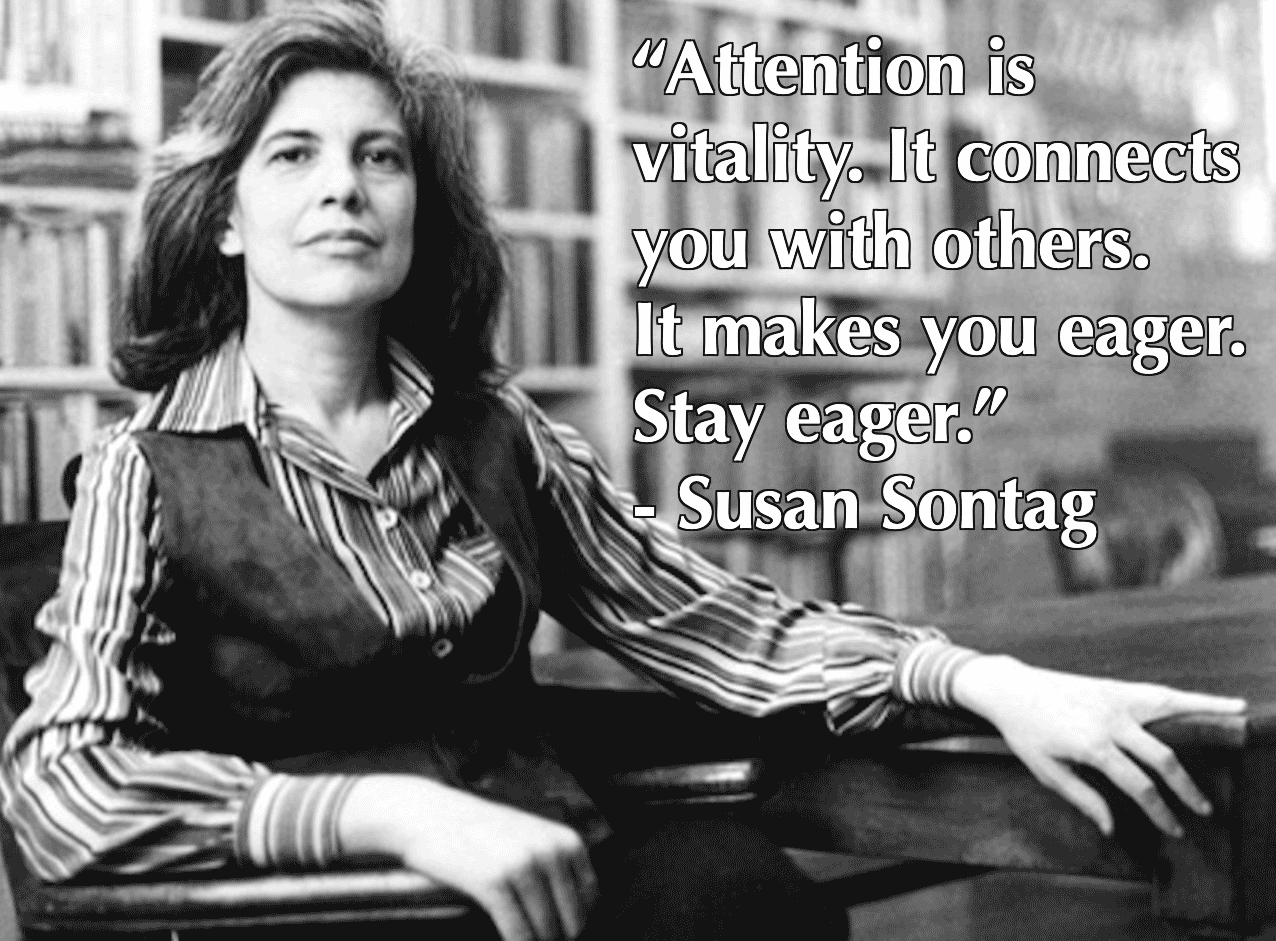
It’s helpful to know that you have ADHD; it’s even more helpful to be supported in learning how to live with ADHD.

What could I provide for you?
I help people work with their ADHD, not against it.
My aim is to help you understand how ADHD may affect different aspects of your life such as academics, work, and personal relationships—then empower you to build systems to thrive.
This could look like advice on how to optimise learning or working strategies for better academic or career performance. It could also look like step-by-step guides on how to understand and manage anxiety, procrastination, and motivation.
Beyond Attention
ADHD can affect your emotions, self-esteem, and relationships. I use my expertise in neuroscience and psychodynamic psychology to help you holistically understand your mind. Psychotherapy for ADHD could be considered an important aspect of rehabilitation, especially in learning how to cope with rejection sensitivity, practice emotional regulation, and learning how to attend to your’s and others’ feelings.
Furthermore, diagnosis of ADHD itself can be a difficult thing to experience. Psychotherapy provides a supportive space to reflect on and process how ADHD (or late diagnosis of ADHD) has shaped your life, identity, and choices.
ADHD (Attention Deficit Hyperactivity Disorder) is often misunderstood as simply an "attention problem" that affects school performance and requires medication.
But attention isn’t just about academics—we rely on it for nearly every aspect of life:
Because of this, ADHD affects far more than just classroom focus. For example, it could influence motivation, concentration, and even everyday conversations—making life with ADHD, harder than it needs to be.

As this graphic depicts, ADHD can lead to problems with aspects of our thinking that we don’t always think are related to attention. Read more here
As a neuropsychologist, I look at ADHD not only as someone interested in the brain and cognition, but as someone interested in a person and their mind. One perspective that i find useful, is that ADHD is a form of neurodiversity where a person has difficulty ‘internally regulating’ themselves, which often manifests as problem with attention.
Let me illustrate with an example:
Imagine a traffic officer is trying to manage a busy intersection – but they keep falling asleep. This traffic officer represents a part of your mind trying to direct the flow of thoughts. ADHD medication gives the ‘traffic officer’ the energy needed to keep track of whats going on in the intersection, to regulate and direct the flow of traffic (thinking). However, if the traffic officer doesn’t know how to direct the flow of traffic, even if they have all the energy in the world, their work will be very difficult. My services help people with ADHD understand how to regulate and direct the flow of their mind.